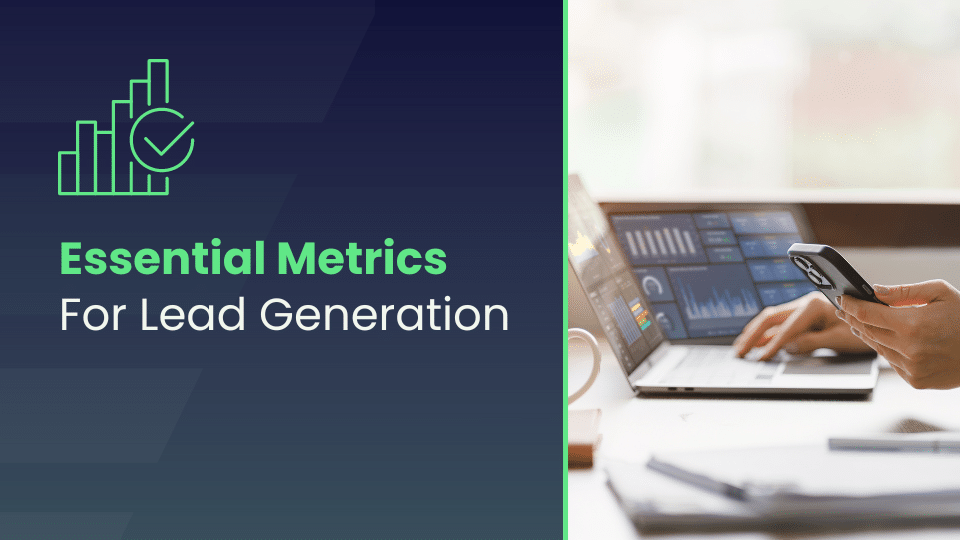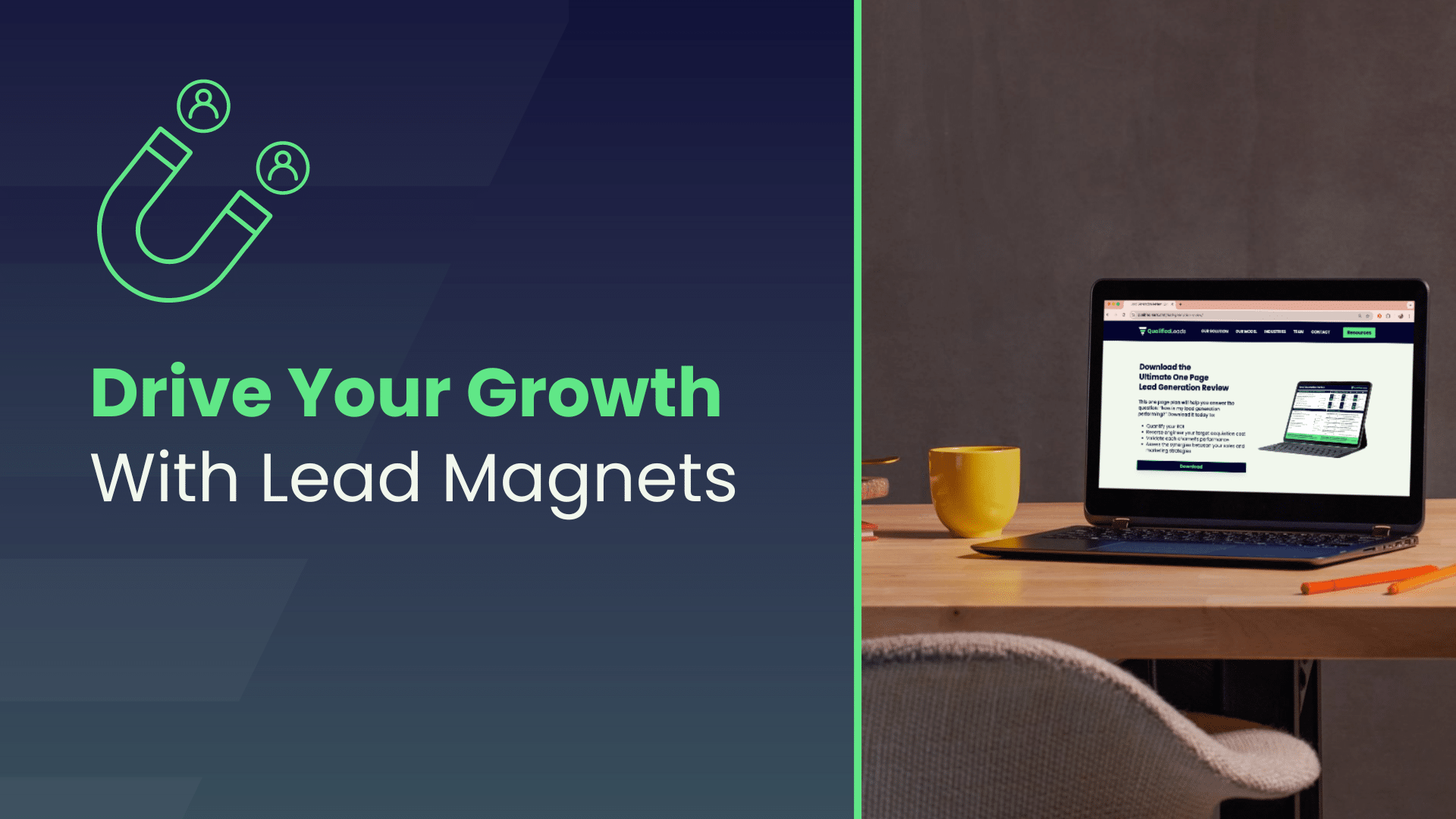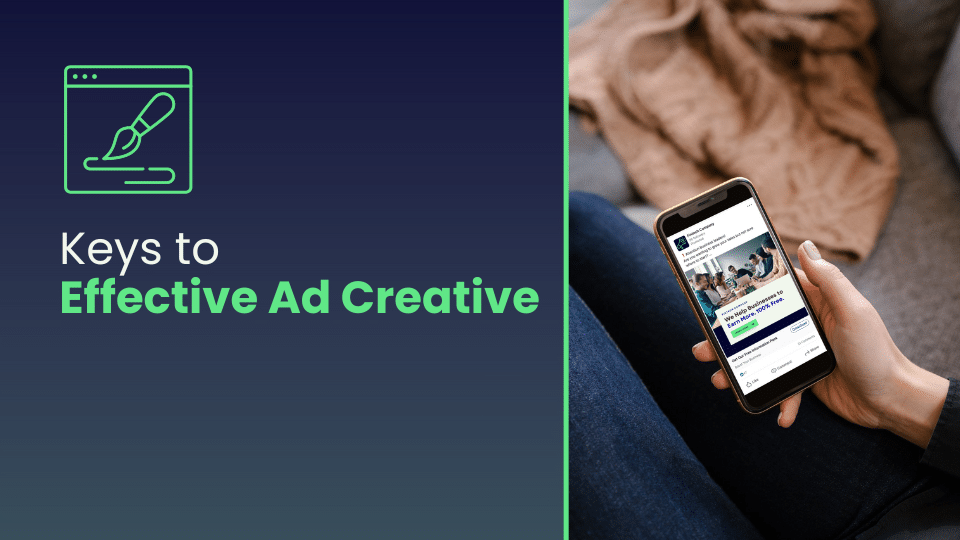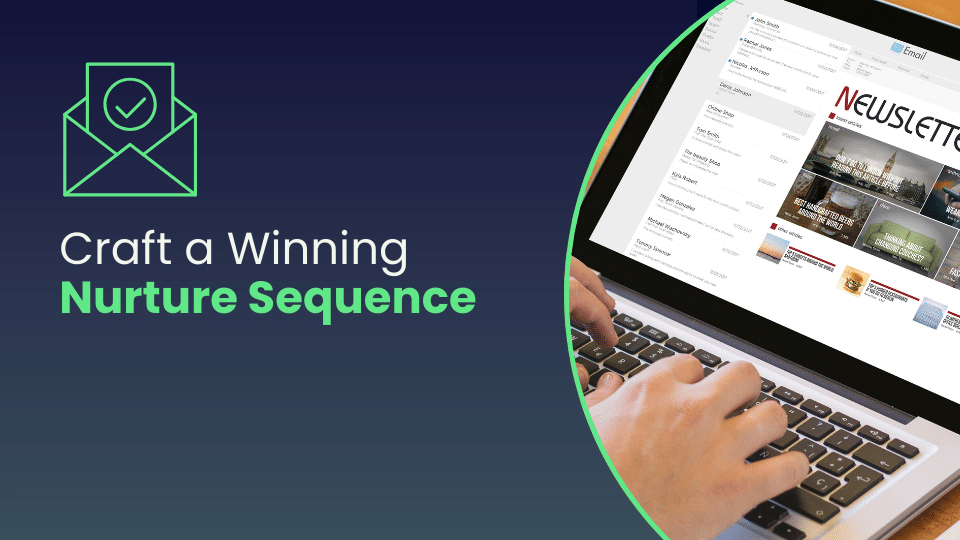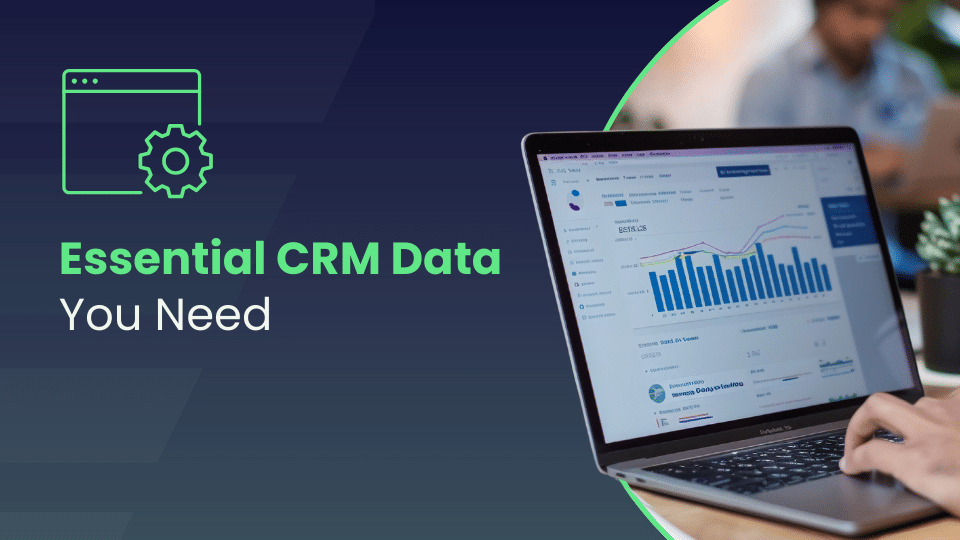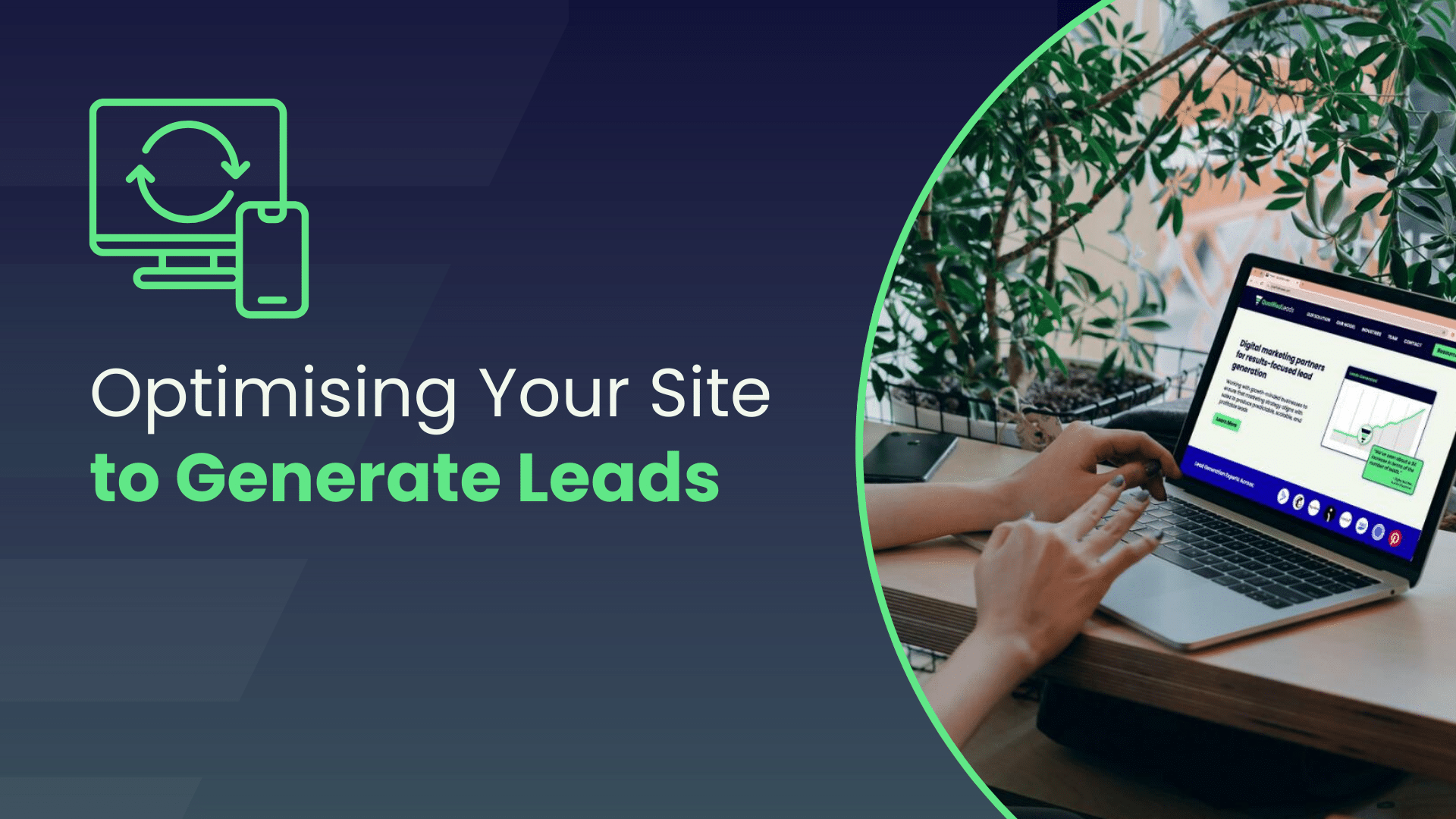When you need more prospects for your sales team to talk to, finding areas of improvement in your lead generation is an important step. So where do you look to find improvement?
The 4 Levels of Lead Generation Metrics
Firstly, it’s important to understand that there are four levels of lead generation metrics to be aware of:
- Acquisition
- Conversion
- Sales
- Customer
Acquisition refers to how you can reach potential customers. This may be through Google Ads, posting on Linkedin, attending events, sponsorship, and more.
Conversion level metrics refer to the actions that turn the people you’ve reached in the acquired phase into leads for your sales team.
At the sales level, these metrics measure things such as the likelihood of passing from one sales stage to the next.
Finally, the customer level of metrics for lead generation involve the lifetime value of a customer and how long they are likely to remain one.
Lead Generation Metrics
The Acquisition and Conversion levels contain the Lead Generation-specific metrics. The key metrics to monitor here are:
- Acquisition
- CPM or CPC
- The cost of reaching people likely to take action
- CTR
- How often people are likely to begin taking action
- CPL
- How much it costs to get a name and number
- CPM or CPC
- Conversion
- Website conversion rate
- Lead form conversion rate
- These both relate to the quality of where you send people to become a lead.
How Can You Improve Cost Per Lead?
Now that you understand these fundamental metrics, the process of improving cost per lead is methodical.
Constantly test different pain points/benefits, audiences, ad copy, ad creative, lead magnets (resources you share for lead details). In testing different variations with an eye on the above metrics, you’ll quickly learn what is more effective.
Scale what works and reallocate budget from what doesn’t. Finally, never stop testing and iterating.
